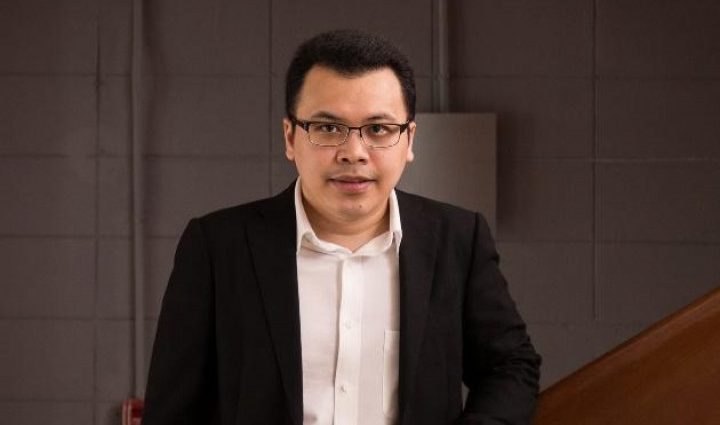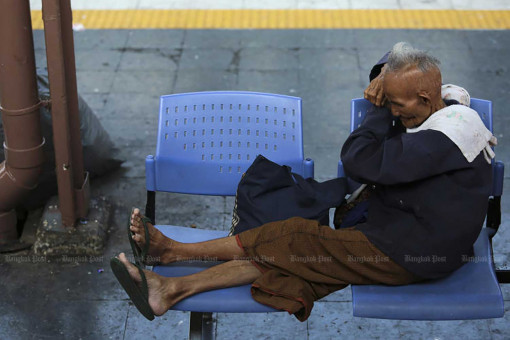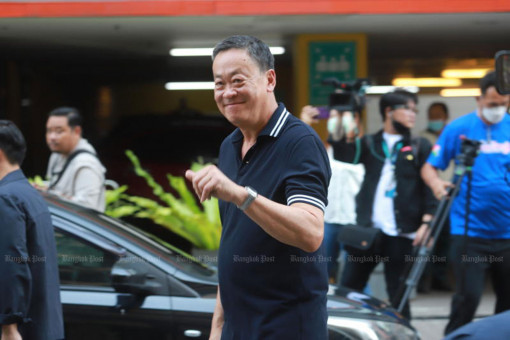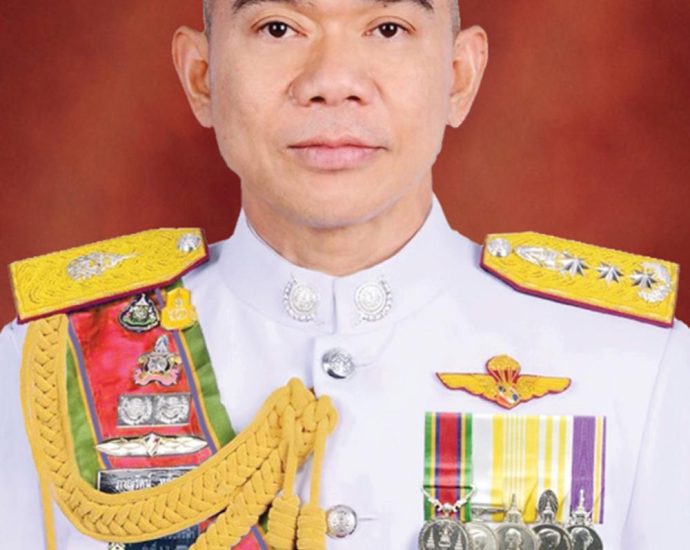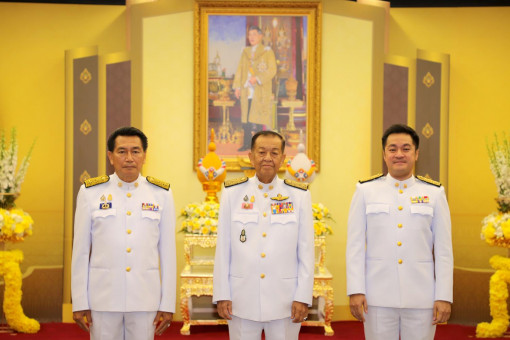Experts weigh in on charting Asean’s future

The Association of Southeast Asian Nations (Asean) should work on carefully crafting their foreign policy amid a Sino-American competition in the region while equipping the younger generation with the essential skills needed to cope with future uncertainties, experts said.
Assoc Prof Jittipat Poonkham, Associate Dean for Academic and International Affairs of the Political Science Faculty at Thammasat University, said the rising tensions between two major powers will eventually force Asean, including Thailand, to take sides.
He was speaking during a recent panel discussion on “Asean and Thai Foreign Policy” to mark Asean Day on Aug 8 at the Foreign Affairs Ministry.
He said that Asean members are facing the same situation that occurred during the Cold War. Today, there is a rise of two major powers, putting an emphasis on geopolitics, he added. At the same time, he noted, Asean, including Thailand, faces a dilemma of who to side with.
Asean member states should instead stay and move forward together as a team, he said.
He likened Thailand’s foreign policy to bamboo that bends with the wind. In this sense, policies are adaptable, balanced and pragmatic, he said.
To develop Thailand’s foreign policy under the Asean context, Thailand should balance relations between the two powers and choose paths best for the country, he said.
“Thailand must have vision, political will and support to know where the wind will blow and where the powers will be,” he said.
Meanwhile, Asean should “lead from the middle”, meaning member states should focus on being a middle power to balance the two superpower countries, he said, adding collective leadership is required to revitalise Asean centrality.
When Asean moves as a pack, it will have strong political leverage, he said. At the same time, he said the pack is required to initiate regional political advocacy focused on reducing strategic uncertainty amid the competition between the two superpowers.
Piti Srisangnam, Asean Foundation Executive Director, said Asean is at a crossroads and must move forward and look 20 years beyond its Asean Community Vision 2025, which will end in two years.
In 2045, he said Asean is expected to be a community of youths and children. He said that while other countries may face becoming ageing societies, Asean, aside from Thailand and Singapore, will not have such problems.
In 2045, he said there will be more than 250 million Asean people aged between 15 and 35, or one-third of the entire population, which may exceed 800 million in the next two decades.
He said Asean should prepare the future generations.
The younger generation must develop empathy, strategic communication and the spirit of friendship, while youths should be equipped with digital technology, entrepreneurial, lifelong learning, language and industry-specific skills, he said.
“We have to bring ourselves to the year 2045 and think [of] what we want to have and consider what we should prepare,” he said. “The four things we should consider to make Asean prosper are people, time, budget and knowledge.”
“We are an emerging economy, so we should have a certain amount of budget to make our region go forward. However, people and knowledge are very important, and we still have many things to do to ensure the readiness of the people in our region,” he added.
Soontorn Chaiyindeepoom, Thailand Representative on the High-Level Task Force for Asean Community Vision of Post 2025, explained that to prepare for the future, Asean had to set up a high-level task force to draft the next Asean vision.
After discussions over the past 1.5 years, the task force now agrees to include the goals of Asean Community Vision 2025, he said. These include Asean unity, cohesion, resilience and becoming a rules-based community that is responsive and adaptive to current and future challenges, he said.
“We also agreed on making Asean a nuclear-weapons-free region and to contribute to global efforts on proliferation issues, protecting human rights and fundamental freedoms,” he said.
“We agree to enhance economic resilience and competitiveness while promoting social inclusivity,” he added.

